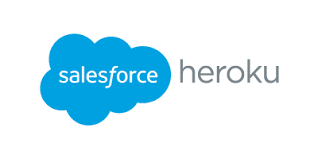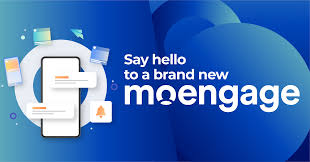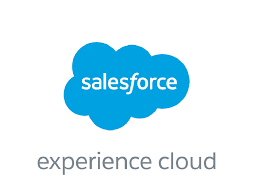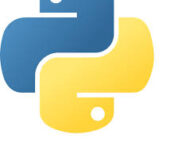Empowering LLMs with a Robust Agent Framework
PydanticAI: Empowering LLMs with a Robust Agent Framework As the Generative AI landscape evolves at a historic pace, AI agents and multi-agent systems are expected to dominate 2025. Industry leaders like AWS, OpenAI, and Microsoft are racing to release frameworks, but among these, PydanticAI stands out for its unique integration of the powerful Pydantic library with large language models (LLMs). Why Pydantic Matters Pydantic, a Python library, simplifies data validation and parsing, making it indispensable for handling external inputs such as JSON, user data, or API responses. By automating data checks (e.g., type validation and format enforcement), Pydantic ensures data integrity while reducing errors and development effort. For instance, instead of manually validating fields like age or email, Pydantic allows you to define models that automatically enforce structure and constraints. Consider the following example: pythonCopy codefrom pydantic import BaseModel, EmailStr class User(BaseModel): name: str age: int email: EmailStr user_data = {“name”: “Alice”, “age”: 25, “email”: “[email protected]”} user = User(**user_data) print(user.name) # Alice print(user.age) # 25 print(user.email) # [email protected] If invalid data is provided (e.g., age as a string), Pydantic throws a detailed error, making debugging straightforward. What Makes PydanticAI Special Building on Pydantic’s strengths, PydanticAI brings structured, type-safe responses to LLM-based AI agents. Here are its standout features: Building an AI Agent with PydanticAI Below is an example of creating a PydanticAI-powered bank support agent. The agent interacts with customer data, evaluates risks, and provides structured advice. Installation bashCopy codepip install ‘pydantic-ai-slim[openai,vertexai,logfire]’ Example: Bank Support Agent pythonCopy codefrom dataclasses import dataclass from pydantic import BaseModel, Field from pydantic_ai import Agent, RunContext from bank_database import DatabaseConn @dataclass class SupportDependencies: customer_id: int db: DatabaseConn class SupportResult(BaseModel): support_advice: str = Field(description=”Advice for the customer”) block_card: bool = Field(description=”Whether to block the customer’s card”) risk: int = Field(description=”Risk level of the query”, ge=0, le=10) support_agent = Agent( ‘openai:gpt-4o’, deps_type=SupportDependencies, result_type=SupportResult, system_prompt=( “You are a support agent in our bank. Provide support to customers and assess risk levels.” ), ) @support_agent.system_prompt async def add_customer_name(ctx: RunContext[SupportDependencies]) -> str: customer_name = await ctx.deps.db.customer_name(id=ctx.deps.customer_id) return f”The customer’s name is {customer_name!r}” @support_agent.tool async def customer_balance(ctx: RunContext[SupportDependencies], include_pending: bool) -> float: return await ctx.deps.db.customer_balance( id=ctx.deps.customer_id, include_pending=include_pending ) async def main(): deps = SupportDependencies(customer_id=123, db=DatabaseConn()) result = await support_agent.run(‘What is my balance?’, deps=deps) print(result.data) result = await support_agent.run(‘I just lost my card!’, deps=deps) print(result.data) Key Concepts Why PydanticAI Matters PydanticAI simplifies the development of production-ready AI agents by bridging the gap between unstructured LLM outputs and structured, validated data. Its ability to handle complex workflows with type safety and its seamless integration with modern AI tools make it an essential framework for developers. As we move toward a future dominated by multi-agent AI systems, PydanticAI is poised to be a cornerstone in building reliable, scalable, and secure AI-driven applications. Like1 Related Posts Salesforce OEM AppExchange Expanding its reach beyond CRM, Salesforce.com has launched a new service called AppExchange OEM Edition, aimed at non-CRM service providers. Read more Salesforce Jigsaw Salesforce.com, a prominent figure in cloud computing, has finalized a deal to acquire Jigsaw, a wiki-style business contact database, for Read more Health Cloud Brings Healthcare Transformation Following swiftly after last week’s successful launch of Financial Services Cloud, Salesforce has announced the second installment in its series Read more Top Ten Reasons Why Tectonic Loves the Cloud The Cloud is Good for Everyone – Why Tectonic loves the cloud You don’t need to worry about tracking licenses. Read more


















